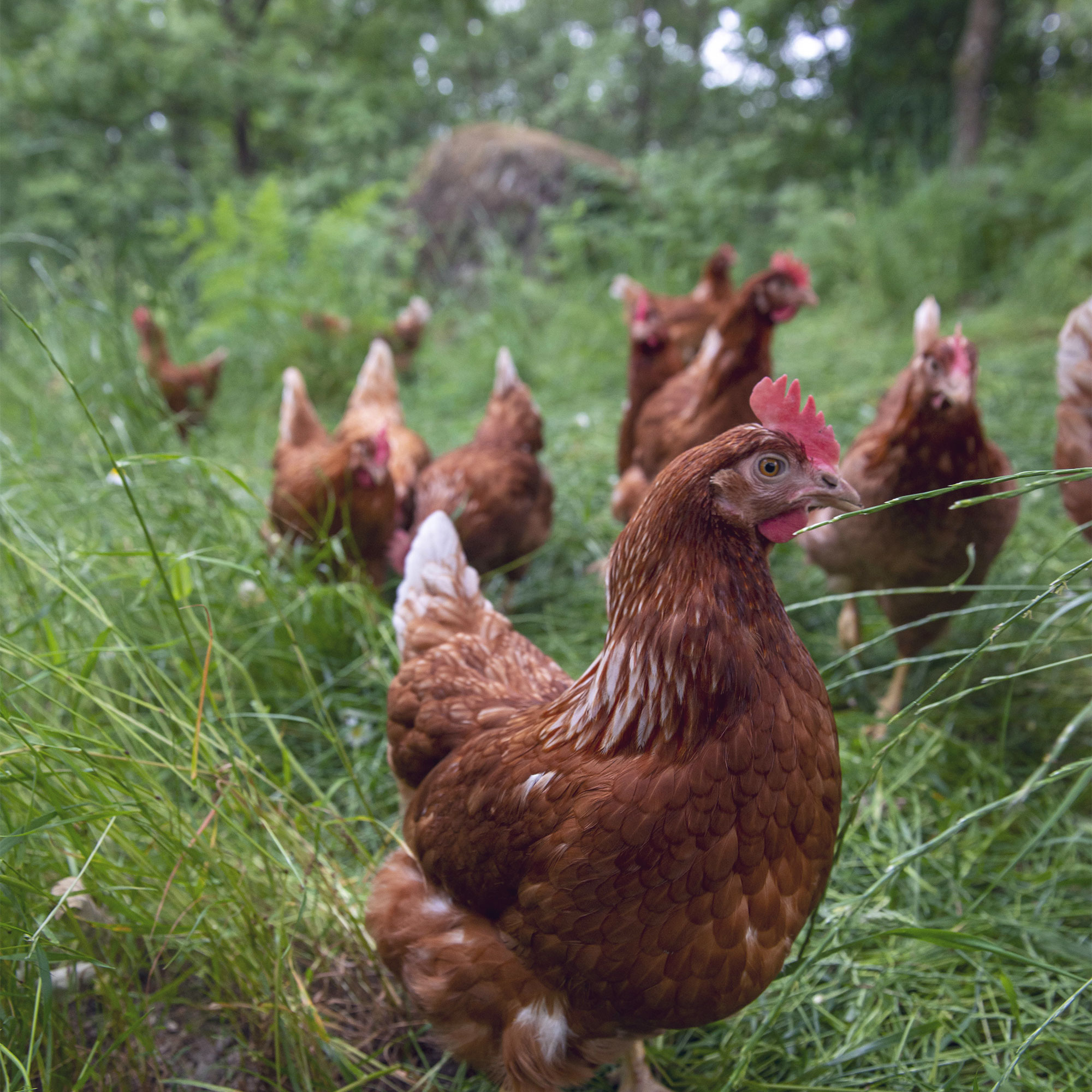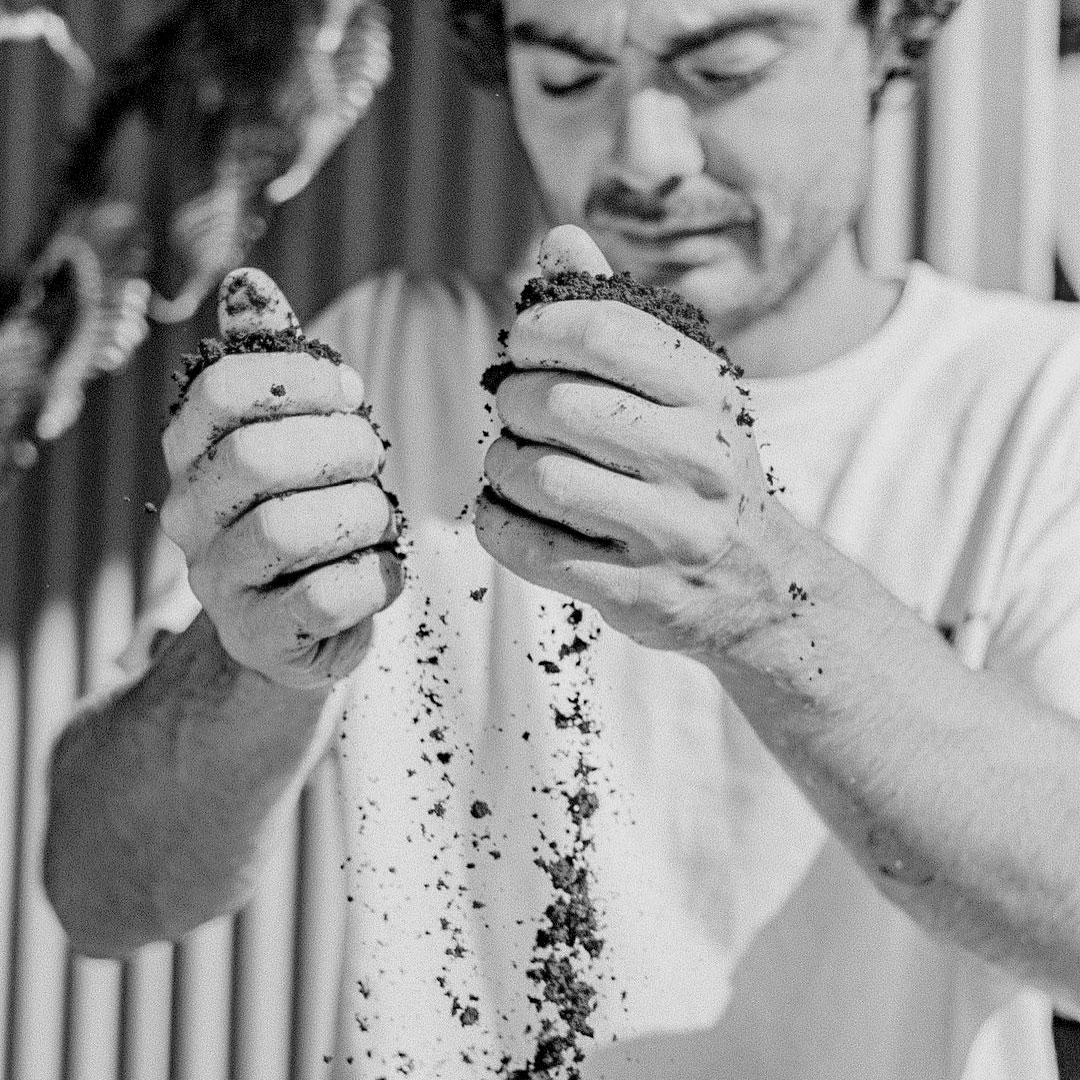
Gouveia, the land of our organic eggs
We are in Gouveia, in Serra da Estrela Natural Park. Here, the hens roam freely at Quinta da Caramuja farm, they listen to music and feed themselves with whatever nature gives them. Therefore, the eggs they lay are organic. And we thank them for that.
Besides being an outstanding rural tourism destination, Quinta da Caramuja dedicates its vast estate to agriculture and chicken farming. It always uses organic production methods, supervised by certifying entities.
The egg-laying hens of Caramuja only retire to their coops to rest at night. During the day, they are completely free. They can do whatever they want. And, according to owner Paulo Mota, what they really want is to listen to music. But they have refined taste. They prefer classical music. They also pay attention to the news on the radio. All this for the sake of a calmer life.
The less stress they are exposed to, the better-quality eggs they lay. But there are other factors at play. The diet of these hens is totally organic, and they are reared extensively, using rudimentary techniques. On the other hand, the coops where they spend the night house a maximum of 3,000 hens, respecting the animal welfare parameters that are characteristic of organic production. And there’s a golden rule regarding the resting period: whoever wants to enter has to knock first. This way, unnecessary scares – and stress – are avoided.
You’ll be glad to know that, for all these reasons, the organic eggs produced by Quinta da Caramuja are the ones selected for A Padaria Portuguesa. We use these wonderful eggs to make scrambled eggs for breakfast, and then hard-boiled to prepare sandwiches, salads and snacks for lunchtime.

